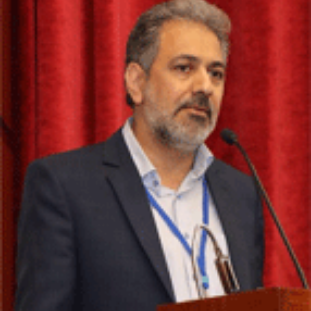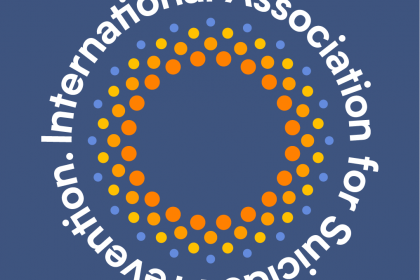CO-CHAIRS:
The aim of this IASP Special Interest Group is to support the development, implementation and evaluation of national suicide prevention strategies, particularly in low- and middle-income countries (LaMICs).
Rationale:
Around 40, mostly high income, countries have developed national suicide prevention strategies which provide a structural framework to support the delivery of a comprehensive and integrated national response to suicidal behaviour (suicide and non-fatal self-harm). The adoption of a national suicide prevention strategy:
- indicates government’s clear recognition of suicidal behaviour as a priority public health issue and commitment to its prevention and reduction
- provides leadership and guidance about evidence-informed activities and their evaluation
- identifies key partners who are accountable for specific tasks, and promotes effective collaboration and coordination
- identifies crucial gaps in legislation, service provision and data collection
- indicates the scale of necessary human and financial resources
- shapes advocacy, awareness raising and media communications
- proposes a robust monitoring and evaluation framework
- provides a context for a research agenda on suicidal behaviour and its prevention/reduction.
The World Health Organization (WHO) encourages all its members to take effective action to prevent suicidal behaviour, but recognises that there is no one way forward: “[t]he steps a country should take next will depend on where the country is on the way towards suicide prevention” (WHO, 2014: 66). Countries that have relatively comprehensive national response are advised to focus on evaluation and improvement, updating knowledge with new data, and emphasising effectiveness and efficiency. Countries with existing suicide prevention activities should identify what is already in place and where there are gaps that need to be filled. Countries yet to undertake suicide prevention activities should concentrate on identifying and engaging stakeholders, developing activities where there is greatest need or where resources already exist, and improving surveillance.
IASP and WHO recognise the need to provide expert support to countries, especially low and middle income countries [LaMICs], where suicide preven- tion action has not yet been initiated or where activities are being under- taken in a non-strategic and uncoordinated manner.
World Health Organization (WHO) (2014) Preventing suicide. A global imperative. WHO: Geneva.
Objectives:
- Establish an active forum of international experts who will support the development of effective suicide prevention strategy and practice in countries (especially LaMICs) where, historically, there has been little or no suicide prevention activity.
- To supplement WHO MiNDbank, develop and maintain an online resource library which will include guidance on evidence-informed suicide prevention interventions (both top-down and bottom-up approaches), evaluation protocols and good practice manuals.
- Support the WHO in the development of guidance for establishing, implementing and evaluating suicide prevention in different country contexts.
- In collaboration with the WHO, governments, international and national NGOs, support and mentor communities, regions and countries to develop, implement and evaluate suicide prevention programmes (strategic and operational elements).
Planned Ongoing Activities:
- Recruitment of SIG members
- Ongoing planning and delivery of SIG programme of work
- Annual review of SIG progress and activities
- Regular update of information on SIG activities on the IASP website
- Organisation of workshops and symposia at IASP and other international conferences
- Establishment of Task Force(s) to undertake specific, clearly defined activities within a limited timeframe, as appropriate.
Planned Activities During 2020:
- Identify and invite colleagues (especially in LaMICs) to become active
members of the SIG and contribute to the fulfilment of its objectives; - Establish suicide preven.on networks within each WHO region;
- Continue to work on the development of an online resource library;
- Continue to work actively with the WHO in developing guidance for
establishing, implementing and evaluating suicide prevention, especially
in countries without established programmes; - Continue to offer support to communities, regions and countries to
develop, implement and evaluate suicide prevention programmes, taking
into account the context and impact of the COVID-19 pandemic; - Organise workshops/symposia on national suicide prevention
programmes at the 31st IASP World Congress, Gold Coast, Australia
(September 2021) and at other international conferences; - Co-author publications on suicide prevention, globally and in relation to
specific countries, with particular attention to the COVID-19 context.
Evidence of effectiveness relating to components of national suicide prevention strategies: bibliography
Membership:
The SIG is open to all IASP members in good standing.
Targeted invitations to join the SIG and/or its Task Forces will be sent to key identified individuals.
If you would like to join this SIG, please contact us.






